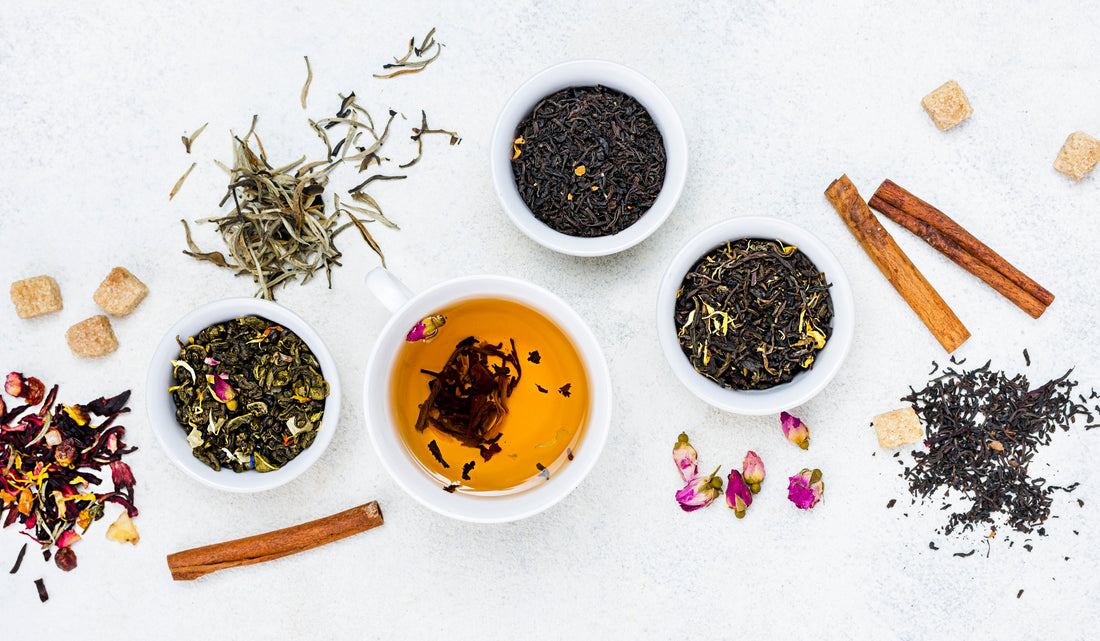Herbal teas can indeed be good for you, depending on the herbs used and your personal health needs. Many herbal teas contain antioxidants, vitamins, and minerals that can offer various health benefits. For example:
- Chamomile tea: Known for its calming properties, chamomile tea can help reduce stress and promote better sleep.
- Peppermint tea: Peppermint tea is often used to aid digestion, soothe upset stomachs, and relieve bloating and gas.
- Ginger tea: Ginger tea can help alleviate nausea, aid digestion, and reduce inflammation.
- Green tea: While not strictly an herbal tea, green tea is rich in antioxidants called catechins, which have been linked to a lower risk of heart disease and improved brain function.
- Echinacea tea: Often used as a remedy for colds and flu, echinacea tea may help boost the immune system.
- Hibiscus tea: This tea is high in antioxidants and may help lower blood pressure and improve heart health.
However, it's important to note that individual responses to herbal teas can vary, and some people may experience adverse reactions or interactions with certain medications. It's always a good idea to consult with a healthcare professional, especially if you have any existing health conditions or concerns. Additionally, moderation is key, as excessive consumption of certain herbal teas may have negative effects.

